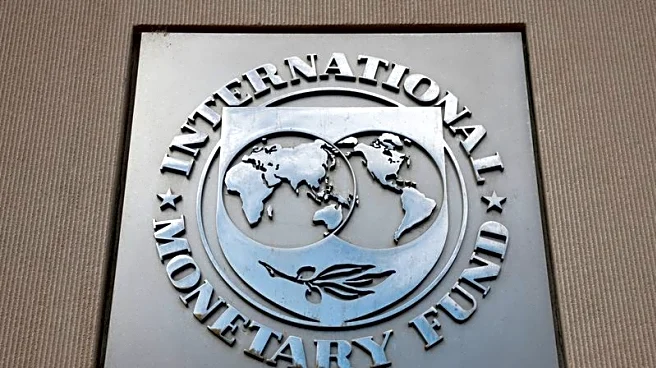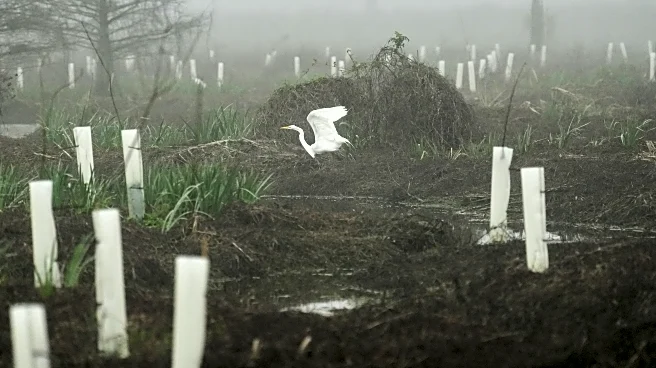In a provocative escalation of rhetoric, Dmitry Medvedev, the former President of Russia and current chairman of the Security Council, has issued stark warnings about the growing threats posed by Western
Did You Know
Canada has more lakes than the rest of the world's lakes combined.
?
AD
nations amid the ongoing Ukraine conflict. He has asserted that the West is practically waging a full-scale war against Russia, accusing them of violating historical agreements and reflecting a long-standing agenda of animosity towards the country. His comments come at a time when geopolitical tensions are at an all-time high, leaving many to wonder whether dialogue can bridge the widening chasm between the two sides.
Medvedev’s statements convey a sense of urgency, advocating for Russia’s military readiness in the face of potential provocations. He has raised alarms about the necessity of preemptive strikes if the situation continues to deteriorate, framing this approach as a defensive necessity. This militaristic stance underscores a narrative that casts Russia as a beleaguered entity under siege by a coalition of adversaries, intent on undermining its sovereignty and influence on the global stage.
The dramatic shift in Medvedev's rhetoric highlights not only the deteriorating relations between Russia and the West but also the pressing danger of further escalation. With the conflict in Ukraine already drawing in international powers, the potential for miscalculation looms large. As Medvedev’s warnings reverberate through diplomatic circles, the world watches closely, aware that each provocative statement could have far-reaching implications that extend well beyond the borders of Ukraine.
Q&A (Auto-generated by AI)
What are the Potsdam agreements?
The Potsdam agreements refer to the decisions made at the Potsdam Conference in 1945, where Allied leaders, including the US, UK, and USSR, discussed post-World War II order. Key topics included the administration of Germany, territorial adjustments, and reparations. The agreements aimed to prevent future conflicts by establishing a framework for peace and cooperation among nations. Medvedev's reference to these agreements suggests he believes the West is violating historical commitments, which he views as part of a broader pattern of Western aggression towards Russia.
How has Medvedev's rhetoric evolved?
Dmitry Medvedev's rhetoric has intensified since the onset of the Ukraine conflict. Initially, he held a more diplomatic stance, but as tensions escalated, he adopted a more aggressive tone, warning of potential preemptive strikes against the West. His recent statements reflect a shift towards portraying the West as a direct threat to Russia's sovereignty, framing military action as a necessary response to perceived Western aggression, thereby rallying domestic support and justifying government policies.
What is the significance of preventative strikes?
Preventative strikes are military actions taken to neutralize a perceived threat before it can materialize. In the context of Medvedev's comments, such strikes are framed as a necessary measure against Western actions that Russia views as hostile. This concept raises significant ethical and legal questions, as it challenges international norms regarding the use of force and can escalate conflicts. Medvedev's threats highlight the precarious balance of power and the potential for miscalculations in international relations.
What role does the West play in the Ukraine war?
The West, particularly NATO and the European Union, plays a significant role in the Ukraine war by providing military, economic, and political support to Ukraine. This support includes sanctions against Russia, military aid, and diplomatic efforts to isolate Moscow. The West's involvement is seen by Russia as interference in its sphere of influence, contributing to the ongoing conflict. Medvedev's assertions reflect a narrative that portrays Western support for Ukraine as an act of war against Russia.
How do historical conflicts shape current tensions?
Historical conflicts, particularly those stemming from the Cold War and the dissolution of the Soviet Union, significantly shape current tensions between Russia and the West. The expansion of NATO into Eastern Europe is viewed by Russia as a betrayal of post-Cold War agreements, fueling distrust and hostility. This historical backdrop influences contemporary geopolitical dynamics, as both sides reference past grievances to justify their actions and policies, perpetuating a cycle of conflict.













